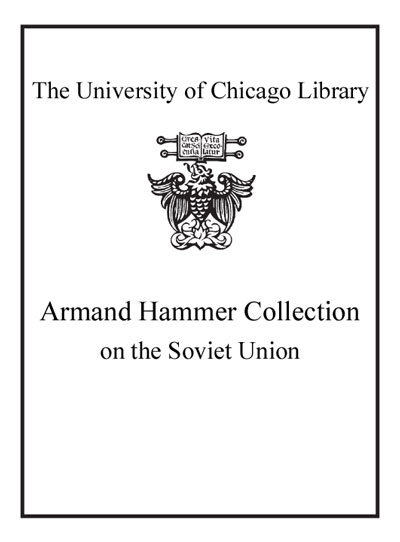Review by Choice Review
Khazanov (Rutgers Univ.) presents a novel interpretation of the cultural foundations of the Putin era that is equal parts fascinating and convincing. He argues that nostalgic narratives about Imperial Russia emerged in plain sight during the Soviet period. Those narratives promoted an anti-Soviet and anti-democratic vision of Russia's modern essence that helped bridge a liberal-conservative divide among educated urban generations after Stalin's death. Khazanov organizes the text chronologically to link cultural output with political changes in Soviet Russia and then during the emergence of new elites in post-Soviet society and politics. He draws from an array of cultural sources--primarily in film, television, and literature--since the 1950s, covering a range of figures and events, from familiar figures like Aleksandr Solzhenitsyn to less-obvious case studies like the restoration of the imperial coat of arms. Impressive in its breadth and synthesis, the text makes a compelling case that the selection and celebration of a version of Russia with 19th-century aristocratic elitist values appealed to 20th-century Soviet intelligentsia and later Putin-era oligarchs. The book assumes significant familiarity with modern Russian culture but will interest any student of post--Soviet Russia's underlying values. Summing Up: Recommended. Advanced undergraduates through faculty; professionals. --Steven G. Jug, Baylor University
Copyright American Library Association, used with permission.
Review by Choice Review

